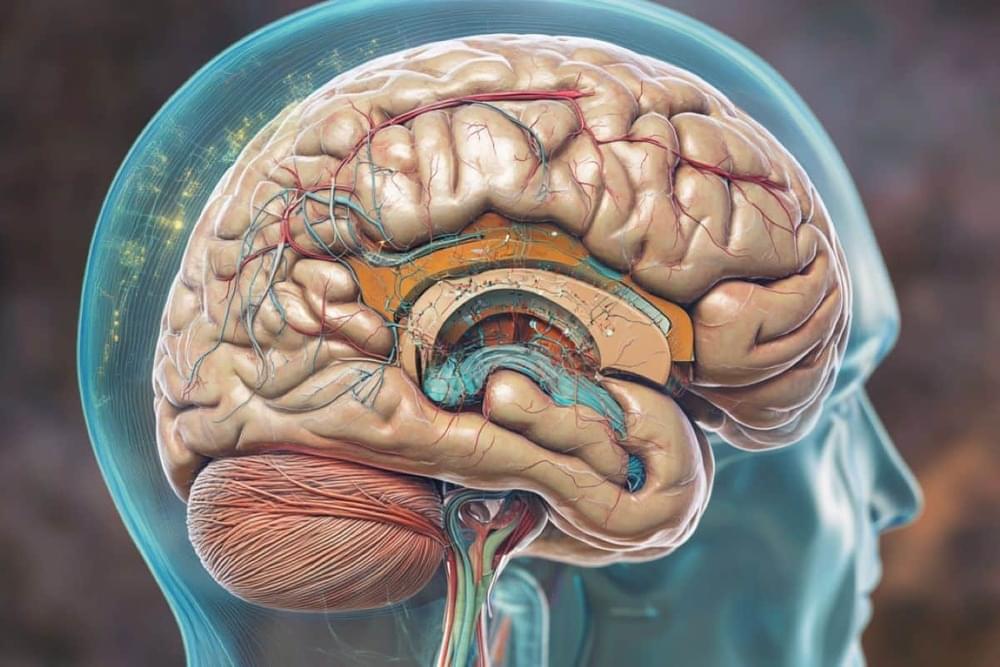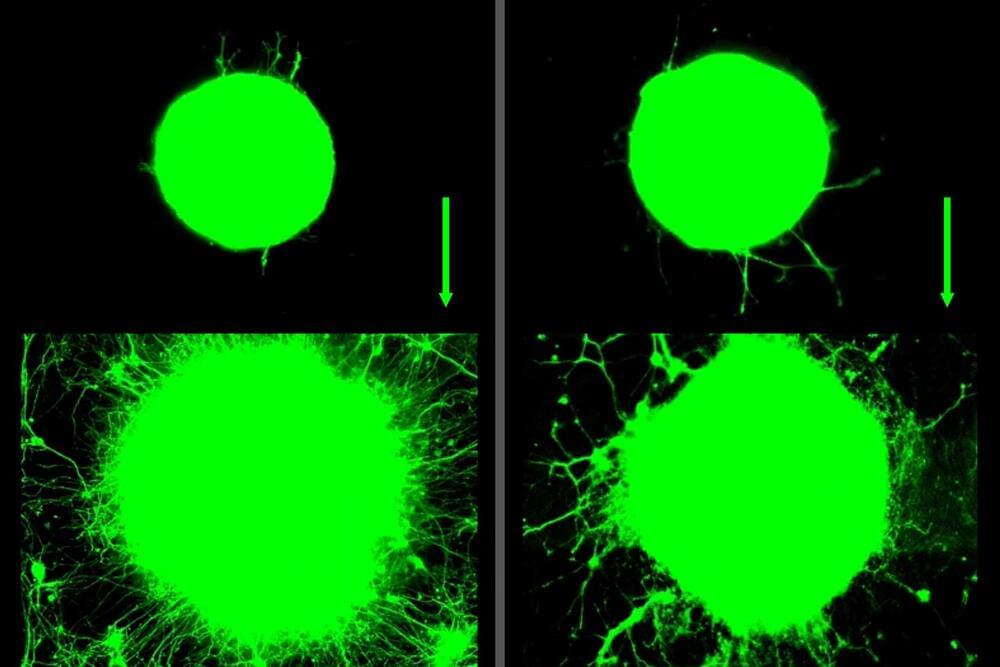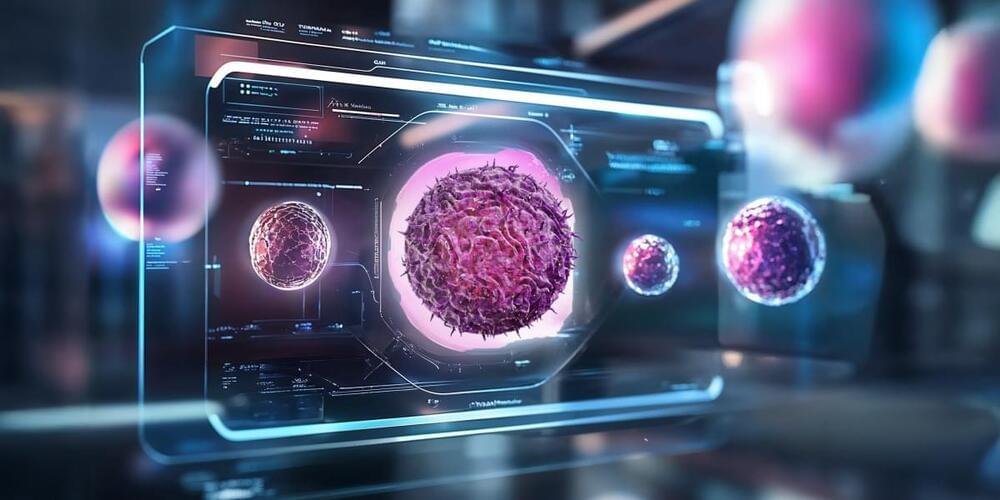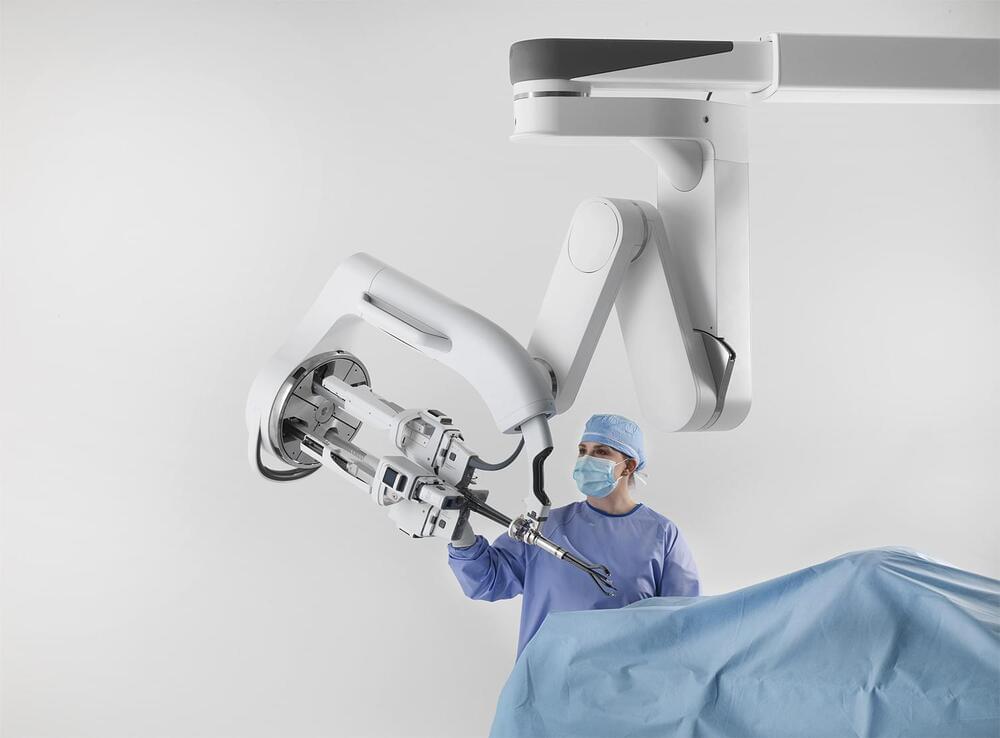Nov 14, 2024
Transparent New Material Paves the Way for Advanced Electronics and Quantum Devices
Posted by Saúl Morales Rodriguéz in categories: biotech/medical, mobile phones, quantum physics
Researchers at the University of Minnesota have developed a new material poised to revolutionize the next generation of high-power electronics, making them faster, more transparent, and more efficient. This engineered material enables electrons to move at higher speeds while staying transparent to both visible and ultraviolet light, surpassing previous performance records.
The research, published in Science Advances, a peer-reviewed scientific journal, marks a significant leap forward in semiconductor design, which is crucial to a trillion-dollar global industry expected to continue growing as digital technologies expand.
Semiconductors power nearly all electronics, from smartphones to medical devices. A key to advancing these technologies lies in improving what scientists refer to as “ultra-wide band gap” materials. These materials can conduct electricity efficiently even under extreme conditions. Ultra-wide band gap semiconductors enable high-performance at elevated temperatures, making them essential for more durable and robust electronics.


















